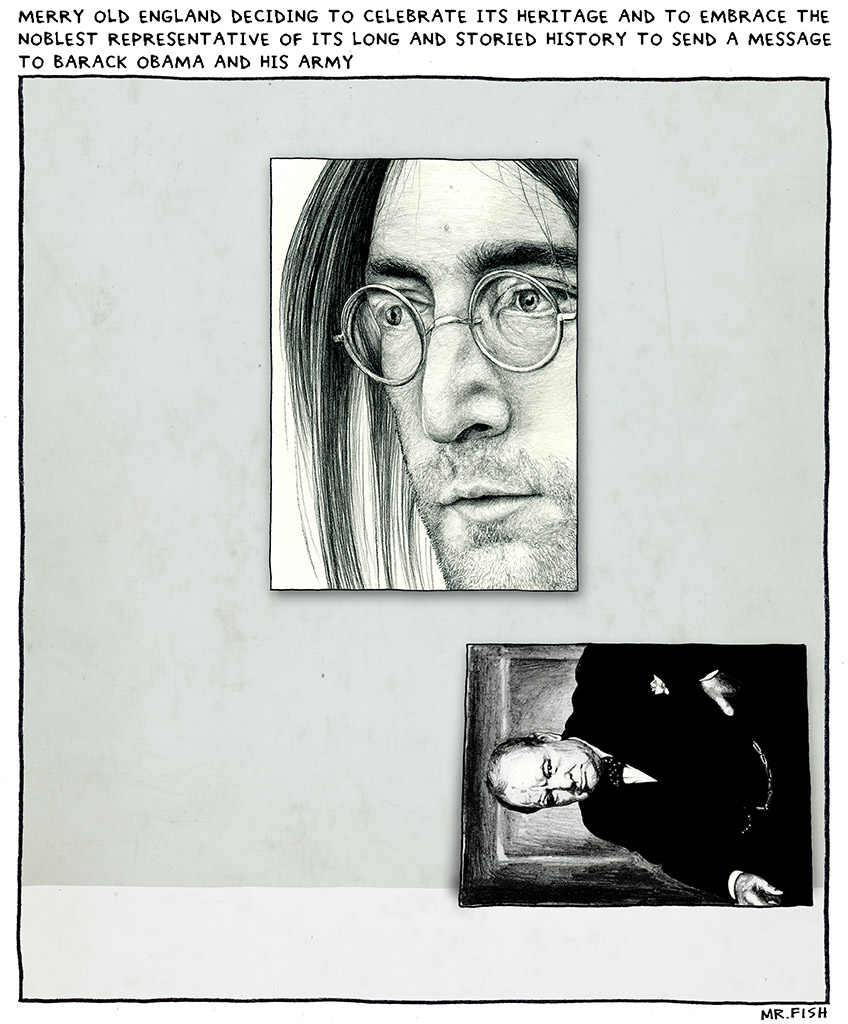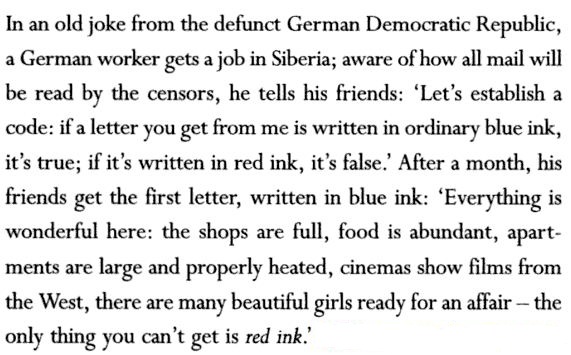Talkies Mumbai correspondent 🙂 BombayDosti writes in from somewhere near Mumbai, on Raj and what could possibly be wrong with the Indian Raj.
The debate is now about how many migrants come to Mumbai.Raj’s share of prime time on TV; whether Ambani feels he is Gujarati or Maharashtrian, how Bachchan needs to build schools in Mumbai. King Khan has competition as to who the best entertainer this season is. Today there are reports of statements made by MNS leaders regarding the “provocative statements” made by North Indian leaders. Give me a break!
My colleague, who was totally disturbed at the whole thing, says, “This is silly. Mumbai runs by North Indians and South Indians. Taxis, Dabhawallas are all North Indians”
I try my hand to pacify him. “They just need an issue. And this “me, mumbaiker” was something that the Shivsena had always taken up and now Raj Thackeray is just continuing on that”
But for what followed, I was not ready!
He continues, “They had always taken up issues of muslims here in India. Wo theek hai, that has been going on for ages, but this is silly”
Well, to this, I did not know what to say.
Maybe I’m just overreacting.But then, to me, the issue is not about North India or South India, or Muslims or Hindus!
This idea of hatred! This reaction to differences! And when someone tries to provoke the differences, why do we have to react with ours? And why is it not silly when we hear provocative statements against certain religions? How many more speeches and statements must we hear to know that this does not help!
The answer my friend is blowing in the wind!
That hate is silly!
On another note, in India, if we are not able to see the treasure that she embodies in these differences, well, the loss is all ours!
I cannot say it better than Nehru. If we are not able to see this, we have not seen India 🙁
“Another and a major excitement had seized me, and I was again on a great voyage of discovery and the land of India and the people of India lay spread out before me. India with all her infinite charm and variety began to grow upon me more and more and yet the more I saw of her, the more I realized how very difficult it was for me or for anyone else to grasp the ideas that she embodied. It was not her wide spaces that eluded me, or even her diversity, but some depth of soul which I could not fathom, though I had occasional and tantalizing glimpses of it. She was like some ancient palimpsest on which layer upon layer of thought and reverie had been inscribed and yet no succeeding layer had completely hidden what had been written previously. All of these existed in our conscious and unconscious selves, though we may not have been aware of them, and they had gone to build up the complex and the mysterious personality of India. That sphinx like face with its elusive and sometimes mocking smile was to be seen throughout the length and breadth of the land. Though outwardly there was diversity and infinite variety among our people, everywhere there was that tremendous impress of oneness, which had held all of us together for ages past whatever political fate or misfortune had befallen us. The unity of India was no longer a merely intellectual conception for me; it was an emotional experience that overpowered me. That essential unity had been so powerful that no political division, no disaster or catastrophe had been able to overcome it.”



I agree. Mumbai is a cosmopolatin city and acts like this kills the very meaning of Mumbai’s pulse. People want to transform Mumbai into a financial gateway of India…..I actually doubt whether it is possible in next 25-35 years. In my opinion such activities should not be encouraged in order to make Mumbai a better place.
This was bound to happen. Even in Bangalore, there was resentment against the Northies, till they themselves decided to act prudent and keep their prejudices to themselves. Though I dont endorse Raj or what he is doing, his action does arise out of the fact that people are taking Mumbai for granted. see the Bengali’s reaction if Saurav is dropped? What people preach for Mumbai they should practice at home too.
Ankit, true, such activities should be avaoided.
Rose, Completely agree. This is my opinion too.